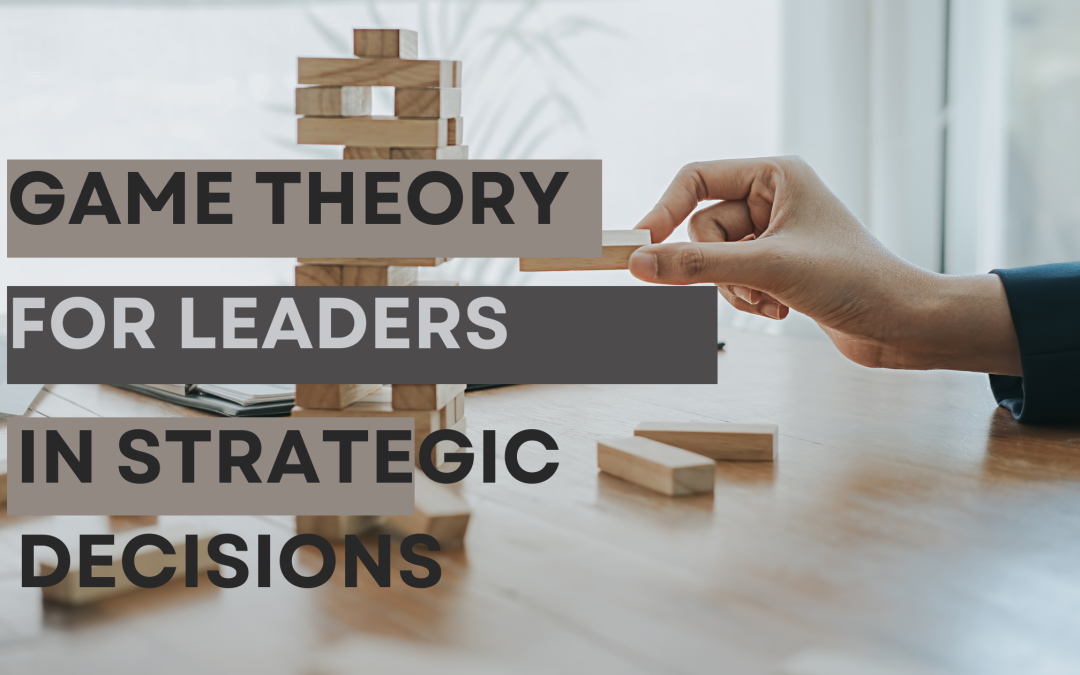In this article, I am going to re-introduce the leaders and practitioners of strategy to the concept of Game Theory. An understanding of the concept can equip leaders from diverse fields to take more effective decisions by accounting for the expectations and behaviour of different stakeholders. In addition, the tool can allow leaders and practitioners to see the implications of different decisions in future.
Game theory is built on robust foundations of mathematics. However, people with a non-math background can also easily appreciate the logical build-up of game theory. The theory deals with the study of decision-making in strategic situations where two or more individuals or groups have conflicting interests. It provides a framework for analysing the behaviour of rational actors, such as individuals, companies, governments, or nations and predicting their actions and outcomes. The outcomes, may sometimes, be counterintuitive and that’s where the power of the Game Theory lies. The theory provides a strong basis for any decision that may come out of the strategic exercise based on the theory.
Game theory has wide applications in business, economics, political science, psychology, biology, computer science, and other fields where strategic interactions occur. It involves analysing the rules of the game, the available strategies, the possible outcomes, and the payoffs associated with each player’s choices.
What is Game Theory?
Game Theory is built on 3 basic blocks:
- Players: Game theory is concerned with the behaviour and decision-making of the players involved in a game. Players can be individuals, groups, or organisations, and they can have different goals, preferences, and strategies.
- Rules: A game consists of a set of rules that determine the actions that players can take and the outcomes that result from those actions. These rules can be formal (such as the rules of a sport or a board game) or informal (such as social norms or cultural traditions).
- Payoffs: The payoffs are the rewards or penalties that each player receives based on the outcomes of the game. Payoffs can be tangible (such as money or goods) or intangible (such as reputation or social status).
By analysing these three bases, game theory provides a framework for understanding the strategic interactions between rational decision-makers, predicting their actions and outcomes, and identifying optimal strategies.
How it is beneficial for strategic decisions?
Game theory is a powerful tool for analysing and solving problems in economics, political science, psychology, biology, and many other fields.
Leaders can apply the concepts of Game Theory to assess the moves of the competition, develop an appropriate marketing strategy, and manage their organisations in a plethora of other use cases.
Please connect with us for more details on Game Theory. We are pleased to announce that we offer training to leaders in the area of Game Theory.
I hope you like this article and I would be happy to receive your feedback.
For any assistance on business, finance, policy and technology, please feel free to contact us,
best regards
Rohit Chaturvedi
+91 98191 38652

